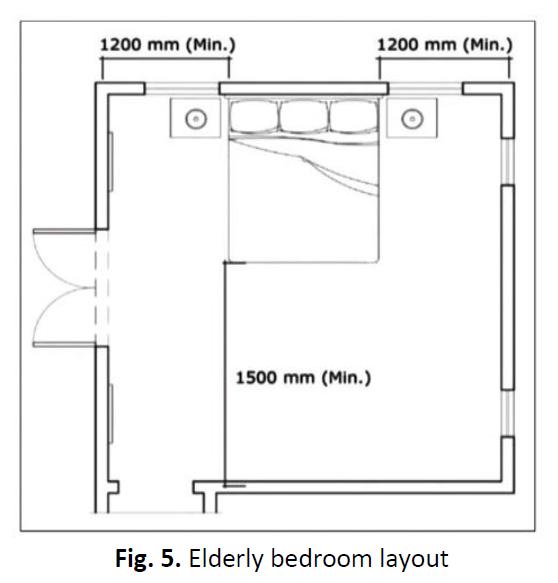Innovating the Future of Elderly Housing: A Multi-Layered Analysis of Affordability and Sustainability
DOI:
https://doi.org/10.37934/sijdbes.3.1.116Keywords:
Housing, elderly home, ageing in place, ageing nation, sustainabilityAbstract
The growing elderly population presents challenges in ensuring affordable and elderly-friendly housing that supports ageing in place. Many elderly individuals prefer to remain in their homes, yet existing housing options often fail to meet their evolving needs. This study examines the research landscape of elderly-friendly affordable housing, focusing on ageing in place as a sustainable solution. A threefold methodological approach is adopted: (1) a scientometric analysis to identify research trends in elderly housing and ageing in place, (2) a systematic literature review to assess key factors such as accessibility, safety, affordability, and social integration, and (3) semi-structured interviews with elderly individuals and communities to gain insights into their housing preferences and challenges. The findings highlight significant gaps in elderly housing provisions, underscoring the need for policy reforms, improved housing design, and stronger community support. By integrating research trends, literature synthesis, and empirical data, this study provides evidence-based recommendations for policymakers, urban planners, and housing developers to create sustainable, elderly-friendly housing solutions for ageing societies.









